Wherefore doth we needeth to readeth Shakespeare? Yond’s a valorous questioneth. One yond I knoweth not the answ’r to. Ev’ry year English classes teachest the lessons of Shakespeare to students in the desires of improving their did light’rature and analyzation abilities. Doest t holp? Nay.
You are in the right place if you didn’t understand a word of that. Each year the curriculum for most high schools entails analyzing and reading the works of Shakespeare. Although many of these texts offer valuable lessons about past times, love and life, the question must be asked, are these lessons worth the reader’s struggle? Can’t we grasp these concepts through modern-day English?
The Green Hope Falcon asked an English student about their perspective on the value of Old English/Shakespearean teachings to determine if this perspective varies by age, interests in literature or motivation to dissect this different yet familiar language.
“That’s a thinker.” Swar Dave (‘24) responded when asked for her interpretation of the infamous Hamlet quote “To Be or not to be”.
“It’s like questioning if life is real.” She finalizes. Well there you have it. A student reading and comprehending Shakespeare, so what is there to argue? Everything. Starting with the fact that “to be or not to be” is just 1/24th of an unnecessarily lengthy soliloquy recited by a man who allegedly called his own mother an “adulterer” on multiple occasions.
Students can find the meaning of life better from Barney than Hamlet, and maybe even achieve enlightenmentby the end of the “I Love You, You Love Me” song.
The point is that Shakespeare is overhyped. He was born with an advantage. That advantage was the fact that more than half of the tropes in films, television shows, and books weren’t even thought of yet. It’s not that hard to paint a streak on a blank canvas just like it’s not that hard to write a book about two teenagers who fall in love only for one or both of them to die. If John Green had been born just a little bit earlier, we could have been studying his books instead. But no, we’re stuck with a guy in a dog collar.
Now, this is not just about shaming Shakspere. Yes, he was accused of having a ghostwriter but so was Drake. Ghostwriter or not, the stories are still bland.
For example, when given the hypothetical choice between Shrek’s Donkey or Shakespere, Dave rightfully chose the first one because, in actuality, Shrek’s Donkey teaches the youth more about loyalty and compassion than any character Shakespere’s Feather could ever conjure up.
No, this is not an uprising against the English Department. It is simply a suggestion, an inkling of constructive criticism if you will. The truth is, nothing is truly timeless. Like pantaloons. Sure at the time they were popular they worked in society but over time, they just became inconvenient (and repugnant).
That is what is happening to Shakespeare’s plays. Movie adaptation after movie adaptation reading the play becomes repetitive and unnecessary.
The literature produced by Shakespeare has proven useful in the past, but at this point, it has aged like milk. It’s been spoiled by not only the English curriculum but also by better options that are much less taxing on the mind. So, next time you think about picking up Shakespeare’s Taming of the Shrew, go on a streaming service and watch it’s superior 1999 movie adaptation, 10 Things I Hate About You.



































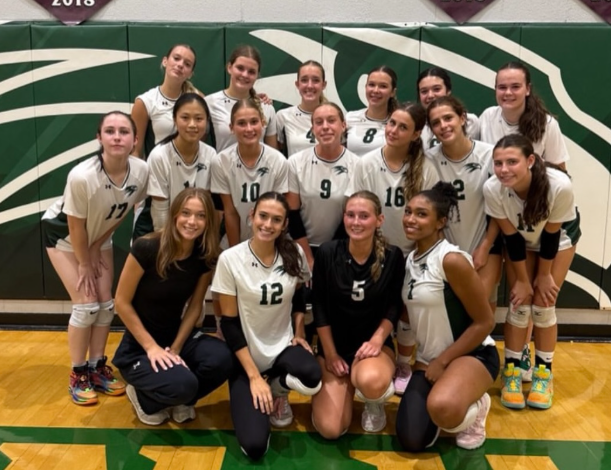


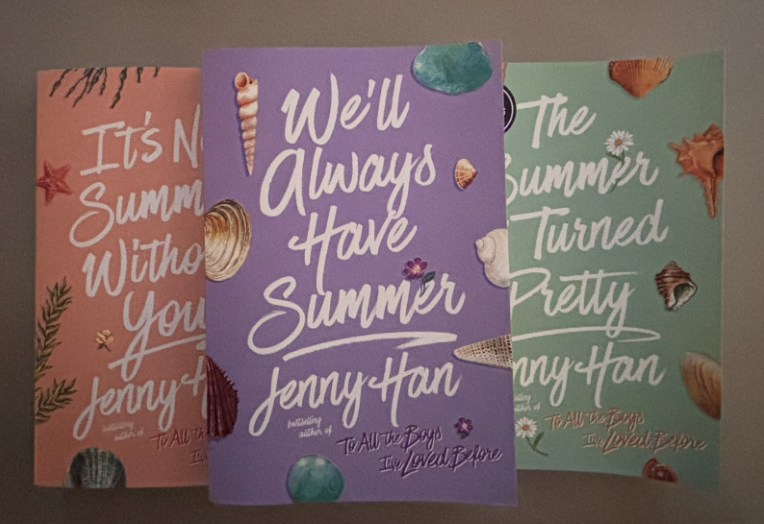



















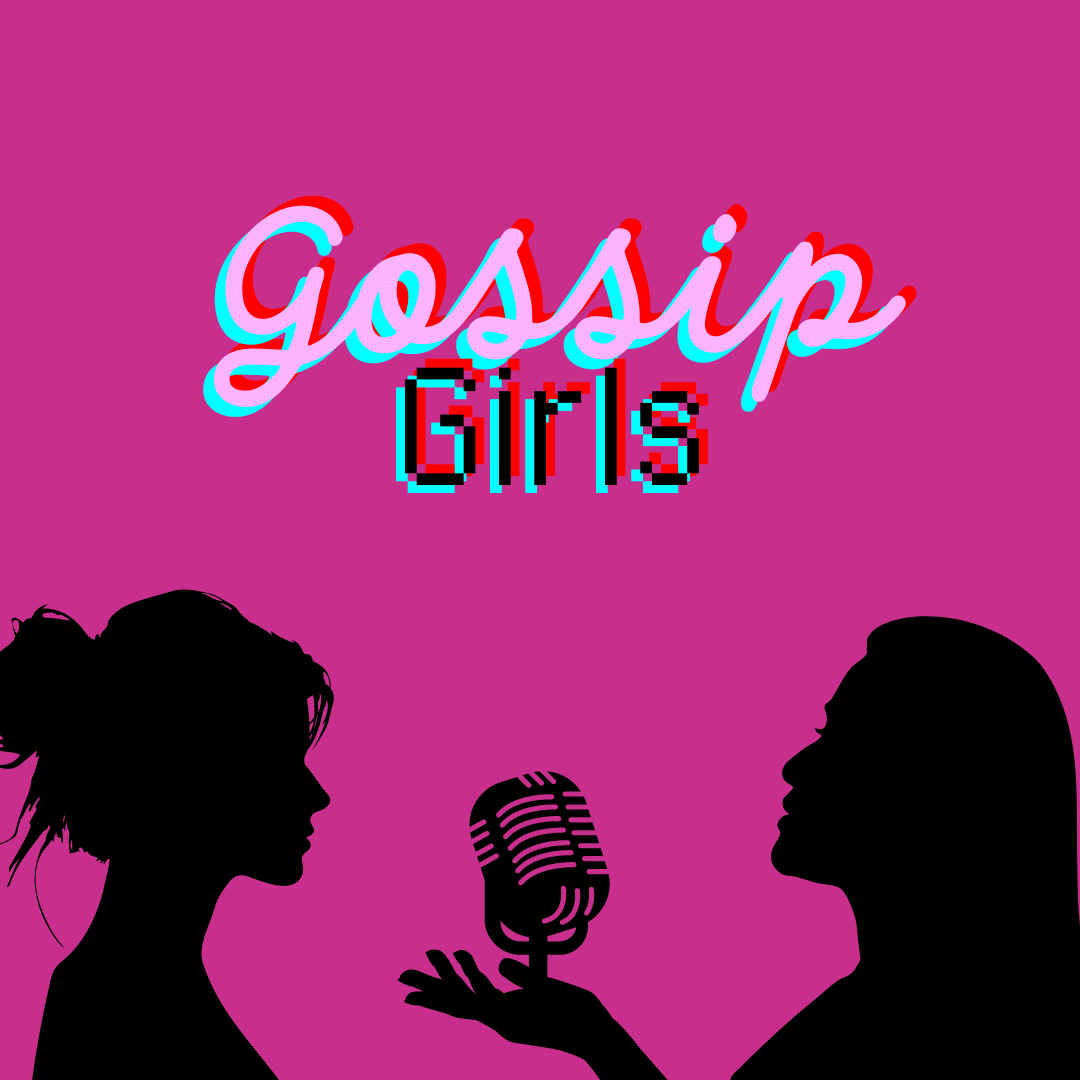
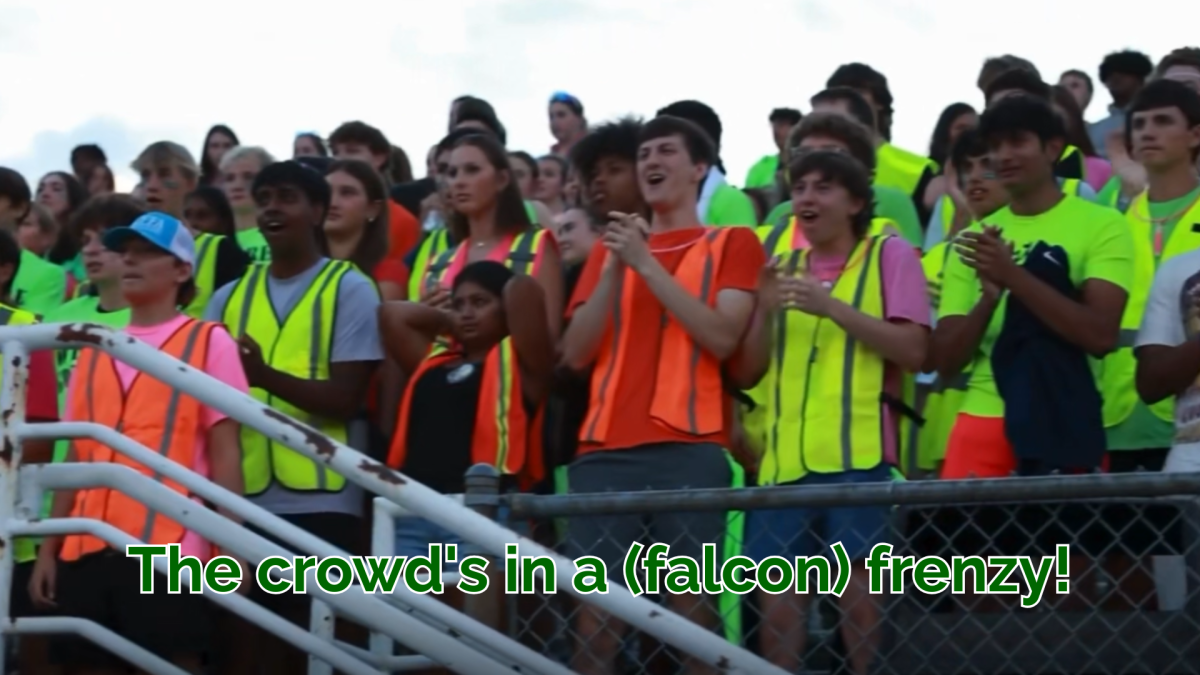







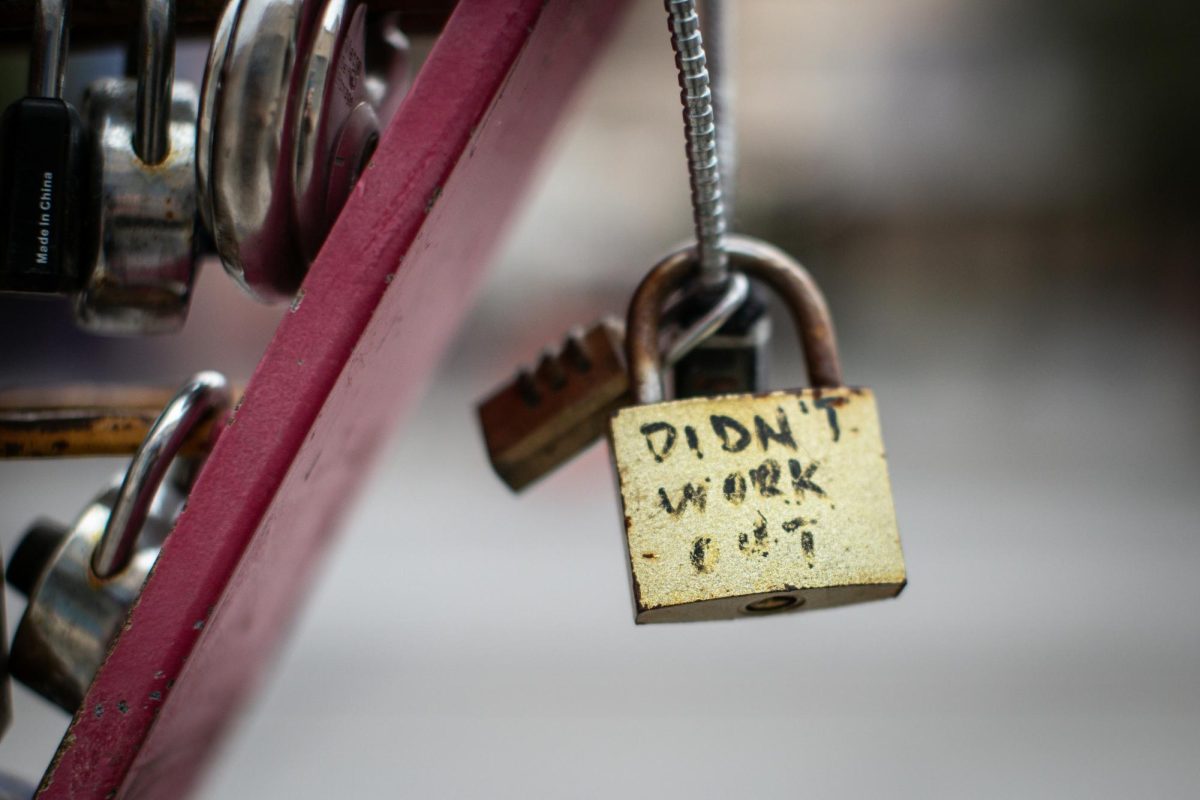







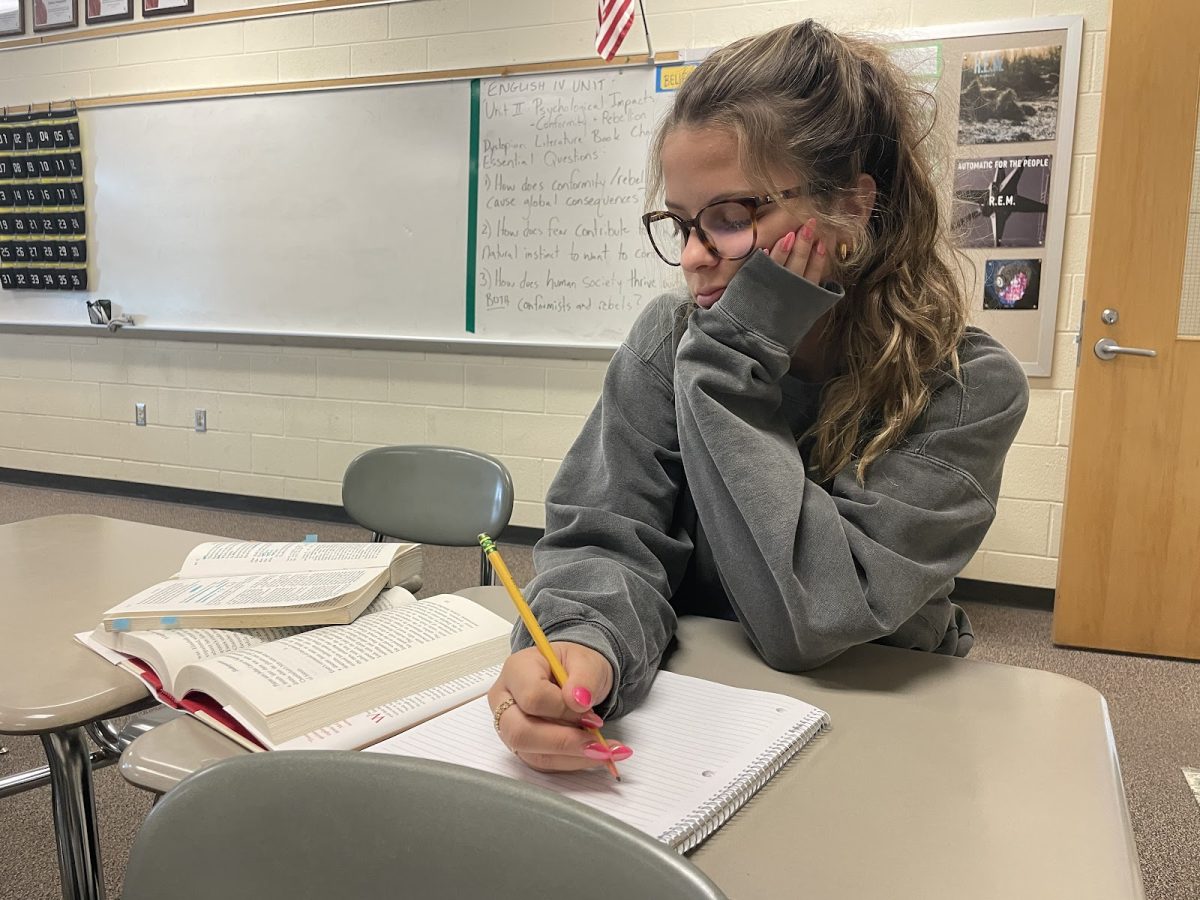



Aditi Bhadauria • Mar 18, 2024 at 12:10 pm
This made me LOL! Fun read!